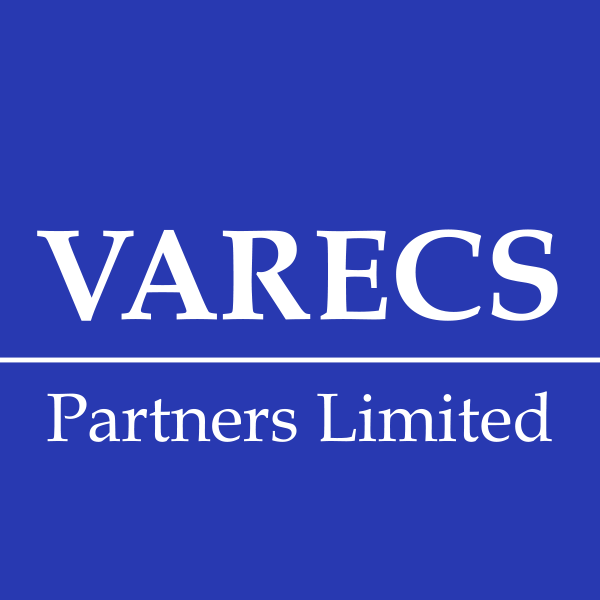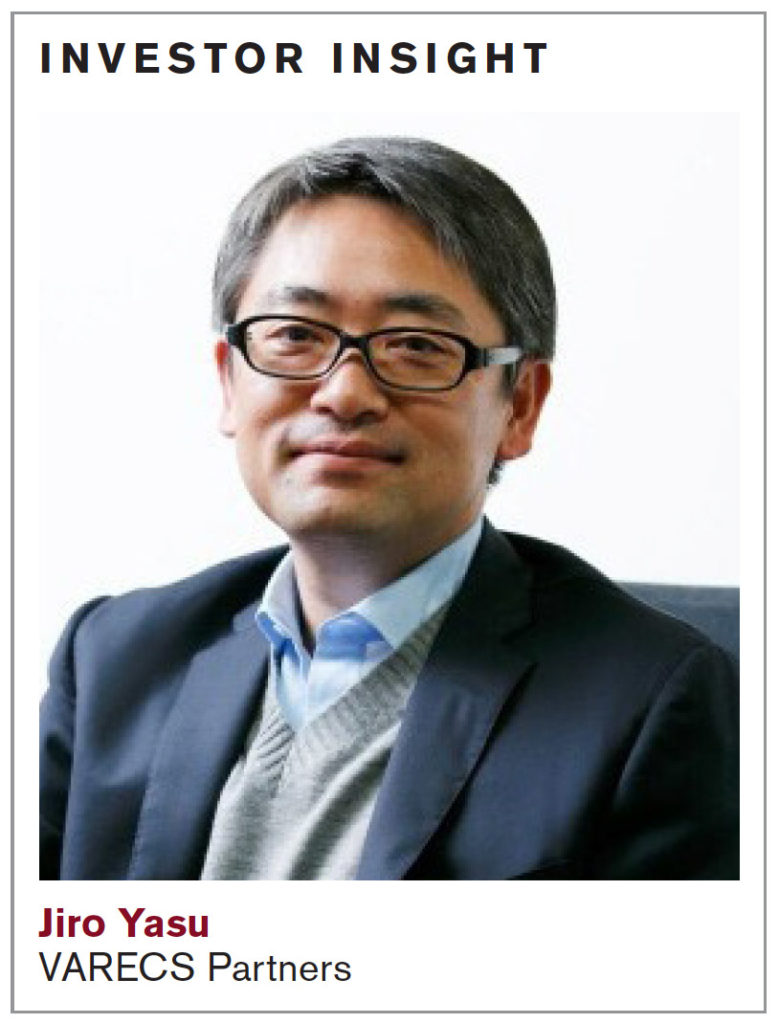弊社や弊社役職員を装ったLINE等のSNSアカウントを通じた投資勧誘行為があるとのお問い合わせが増えています。弊社や弊社の関係者が直接、個人のお客さまに金融商品への投資勧誘や推奨、助言を行うことはございません。弊社名を騙ったこのような勧誘等を受けた場合は「詐欺」である可能性が考えられますので、十分にご注意ください。
メールやWeb広告、ソーシャルメディアなどのさまざまな手段で、巧妙な詐欺の手口が報告されています。偽サイトにアクセスしたり、情報入力を行ってしまうと、コンピュータウイルスに感染したり、詐欺被害に遭うおそれがあります。
不審な通知や連絡があった場合は、その要求に応じることなく、警察や消費者庁相談窓口等への連絡をご検討ください。
弊社のホームページであるかどうかは、お使いのブラウザに表示される以下のURLをご確認ください。
弊社公式ホームページ
https://www.varecs.com/

 Value Investor INSIGHT
Value Investor INSIGHT